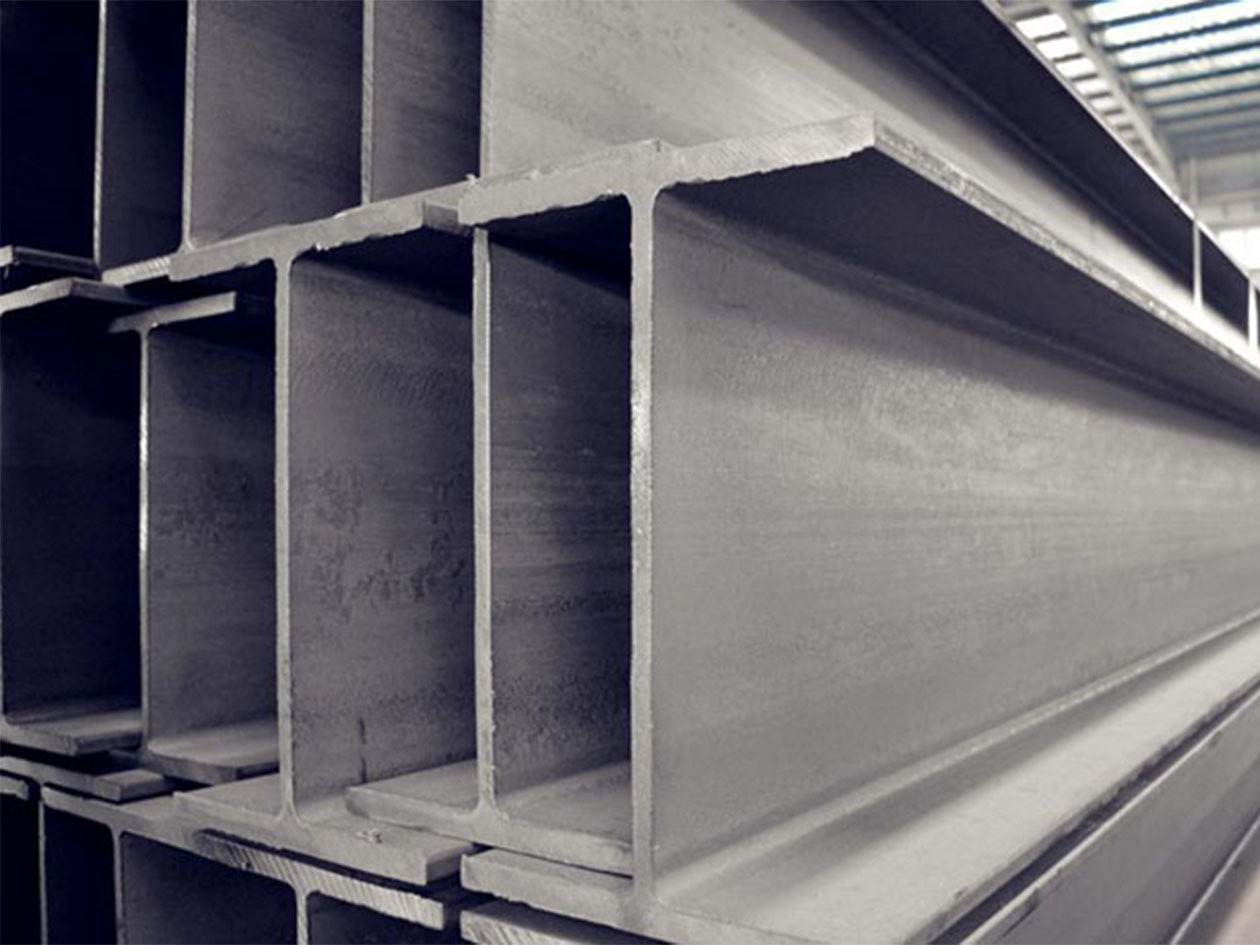What is H beam
Release time:
2025-10-16
🌍 Core information
"H beam" refers to H-shaped steel. It is a kind of steel whose cross-sectional shape is similar to the capital Latin letter "H", hence its name. The following table can help you quickly understand its core information:
| Feature | Description |
| Chinese name | H-shaped steel |
| English name | H-beam/Wide Flange Beam |
| Cross-sectional shape | In the form of the letter "H", consisting of the "web" in the middle (vertical part) and the parallel "flanges" on both sides (horizontal part) |
| Core feature | The inner and outer sides of the flange are parallel, and there is no slope on the inner side of the leg |
| Main classification | based on flange width: wide flange, medium flange, and narrow flange |

💡 Why is H-shaped steel widely used?
H-shaped steel is a kind of "economic section steel", which is highly favored for its superior structural performance and economic benefits. Its main advantages include:
• High strength and light weight:
Thanks to its scientific cross-sectional shape, H-shaped steel can provide very high strength per unit weight, which means that 10% to 40% of metal materials can be saved when achieving the same load-bearing capacity.
• Good stability:
Its cross-sectional design enables it to perform well under bending, pressure and eccentric loads, with high structural stability, making it particularly suitable for buildings with high seismic requirements.
• Convenient construction:
The inner and outer sides of the flange are parallel, which is convenient for assembly, welding and riveting, and can greatly accelerate the construction speed of the project and shorten the construction period.
• Flexible design:
It can achieve a large structural span, providing more flexible spatial layout for buildings.

🏗️ Main application scenarios
Based on the above advantages, H-shaped steel is widely used, almost covering all important fields of steel structures:
• Building structure:
All kinds of civil and industrial buildings, especially large-span industrial plants and modern high-rise buildings.
• Bridge engineering:
Used as the main beam and supporting structure of large Bridges.
• Heavy equipment and mechanical manufacturing:
used for manufacturing vehicle chassis, frames and support structures of heavy machinery.
• Other fields:
It is also commonly used in projects such as expressways, ship frames, mine support, and foundation treatment.
📐The difference between H-beam and I-beam
You may have heard of the term "I-beam", which is similar in shape to H-beam, but the key difference lies in the flanges (the two legs) :
- The flange of a common I-beam gradually thins from the root to the edge, with a certain slope on the inner side.
- The flanges of H-shaped steel are of equal thickness, and the inner and outer sides are parallel, with no slope on the inner side. This makes the mechanical properties of H-beams usually superior to those of ordinary I-beams of the same weight.

🌍 Common standards and models
Different countries and regions have their own standards for H-beams, and the methods of model representation also vary:=
- National standard/Japanese standard/European standard: It is usually directly expressed by cross-sectional dimensions, for example, HW200×200 (height × width).
- American standard (ASTM/AISC) : The model naming rule is unique, starting with "W" (representing Wide Flange, wide flange), followed by a number indicating its load-bearing characteristics. For example, W14×34, where 14 is related to the section modulus, and 34 indicates that the weight of this section steel is 34 pounds per foot.
Tags:
Previous
Relevant Project

Address: Hengtai Road,Daqiuzhuang Town,Jinghai County,Tianjin,China
Mob: +8615122229899(whatspp)
Phone: +86 22 58171905
Fax: +86 22 58171902
E-mail:info@lefinsteel.com
Get company updates

Tianjin Lefin Industrial Co.,Ltd. All rights reserved City sub-station SEO www.300.cn

